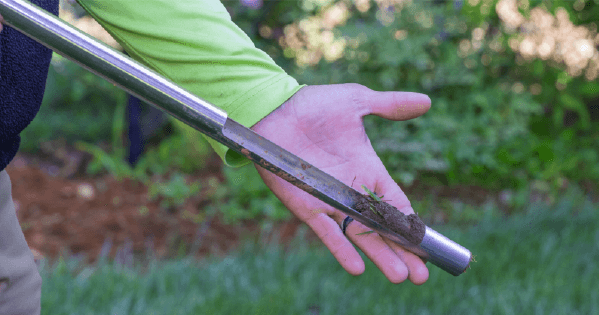National Don’t Step on a Bee Day
Usually we swat them away, and if they get in our homes, we squash them. The fact of the matter is, bees are an essential part the complex ecosystem we all live in. Apples taste pretty good on their own, and some would argue even better in a pie, but without the pollination of bees, apples don’t exist. As a matter of fact, 1/3 of the fruits and vegetables that we enjoy, don’t exist. Today is National Don’t Step on a Bee day, and this day is a reminder that not only do bees provide the necessary elements for most of the foods we see in the produce section, but their numbers are dwindling. In some places the numbers have dropped by more than 50%, and all of this is excluding the fact that the economy will take a massive blow if measures are not taken. Many factors come to play when talking about what we now call, Colony Collapse Disorder (CCD):
Causes
- Pesticides – Though pesticides keep insects that damage plants away, it is also one of the biggest contributors to the rapidly declining honey bee population. Recently introduced pesticides (1990’s), such as Neonicotinoids, are used as an alternatives to chemicals like DDT, but have proved to be deadly. This pesticide contains nicotine which we use to catch a quick buzz. Nicotine for bees, however, confuses their ability to find nutrition and suppresses their immune system, making it susceptible to parasites. When a bee brings these toxins back to the hive it often creates a domino affect for the whole hive and can eventually kill off the entire colony.
- Fungicides – As found in a study done by PLOS One, the combination of fungicides and pesticides has created a perfect storm of negative side affects to bees.
- Poor Nutrition -The spread of modern agriculture, along with the destruction of many sources of the bee’s food are making it increasingly difficult to find nutrition. When grasslands filled with wildflowers are destroyed to make way for housing developments and other man-made constructions, the bees loose a source of food.
- Parasites – You may already be seeing a trend here. It isn’t just one factor that has become the demise of many honey bees. It is a mixture of several. Parasites have become an issue where previously, it really wasn’t one. The bees natural immune system has properties to help ward off these pests, but when the pesticides lower their immune systems that becomes next to impossible
- Types of Parasitic Mites
Possible Solutions
- Feed the Bees – This is possibly on of the more difficult solutions to execute. Farmers would need to be convinced to use their land differently, and massive efforts would need to be enacted to plant large quantities of wild flowers.
- Find an Alternative to the Fungicides and Pesticides – Though these chemicals work to ward off other harmful elements to a particular crop, they are contributing to the rapid decline of honey bee populations.
- Warding off the Parasites – Scientists in Frankfurt University have devised a way to attack the mites at the entrance of commercial bee hives. Other efforts are trying to come up with ways to turn off the mites breeding cycle.
About Simply Green Lawn Care

Simply Green aims to provide the highest quality lawn care, mosquito control, and lawn pest control services to Georgia residents.
We are locally owned and operated which allows us to be accessible, attentive, and responsive for customers in Georgia.
Our well-trained team is easy to work with and determined to exceed expectations.
All our plant health care specialists are Georgia Department of Agriculture Certified and maintain their Category 24 applicators license.


